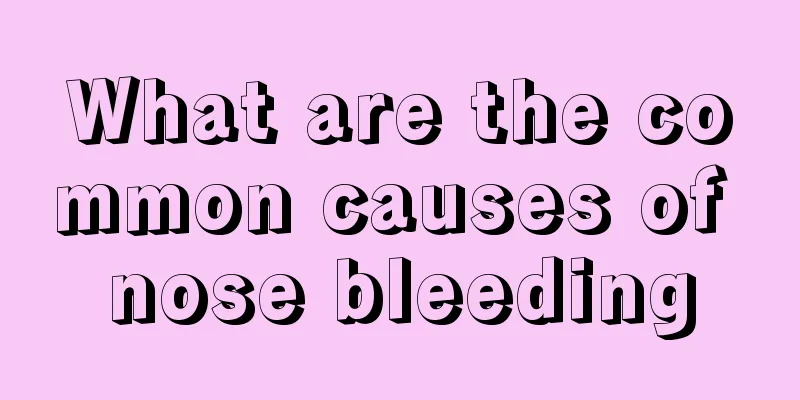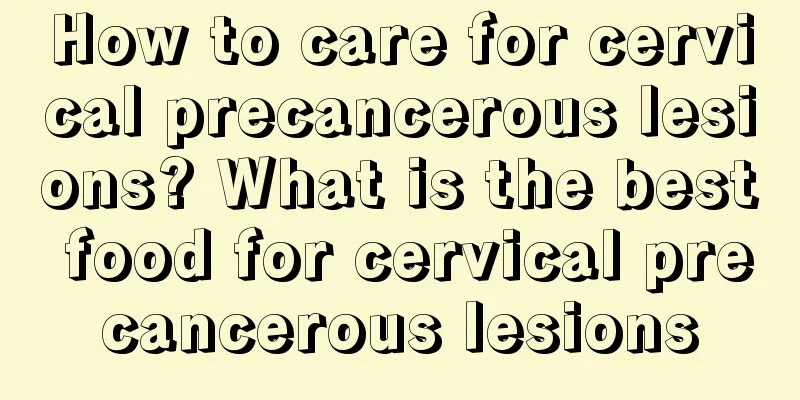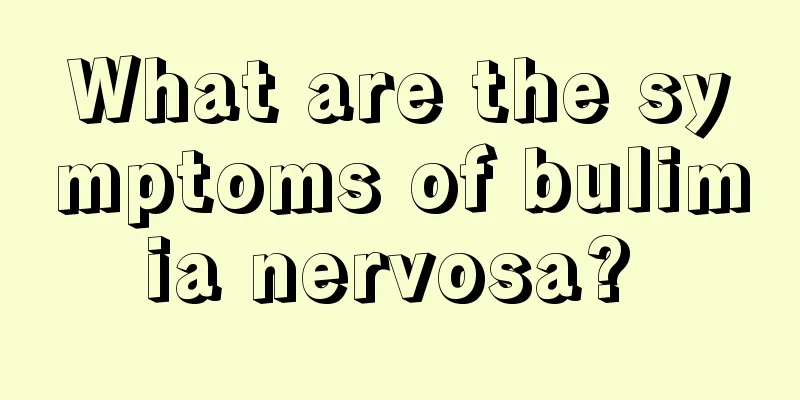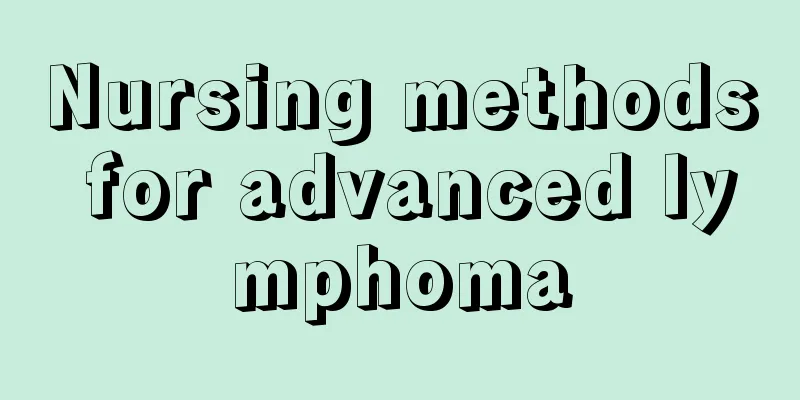Various treatment methods and principles of gallbladder cancer

|
Gallbladder cancer has become one of the major diseases that endanger people. Its early and late treatment principles and treatment methods are different. Generally, patients can only be cured if the lesions are localized and sufficient for surgical removal. Next, we will analyze what treatments are there for gallbladder cancer? The goal of diagnosis is to determine whether the cancer can be completely removed, which is unlikely because the cancer has usually spread to local areas early in the course of the disease. Chemotherapy and radiation therapy that are more effective than those currently used are being studied, and these treatments are occasionally useful in relieving symptoms associated with the cancer. Although the prognosis for people with advanced gallbladder cancer is poor, steps can be taken to maintain the patient's quality of life. 1. Surgical procedures Surgery is the only potentially curative treatment, and if the cancer has not spread far away, it can remove the gallbladder, draining lymph nodes, and a margin of normal liver tissue underneath. This may cure the patient and can help relieve symptoms and improve quality of life. If you undergo cholecystectomy without considering cancer, and gallbladder cancer is unexpectedly found in the postoperative pathological specimen, you may need to undergo another surgery. If the tumor is confined to the superficial layer of the gallbladder, it can be observed appropriately, but if the tumor has spread to surrounding tissues, lymph nodes, or blood vessels, another surgery may be performed to remove these other tissues. When the tumor cannot be completely removed, it may still be necessary to establish a bile drainage system from the obstructed gallbladder or bile duct. This may require surgery, although drainage of the gallbladder by percutaneous catheterization or by catheterization of the stomach and small intestine is usually sufficient. Also, finding the tumor anywhere in the body—for example, in the lungs, bones, or lymph nodes—clearly indicates that surgery is not curative. Rarely, removal of the gallbladder is necessary if the disease has spread. This surgery can be difficult to recover from and may be more invasive to the patient. (II) Chemotherapy Most studies have shown that chemotherapy still does not prolong the survival of patients with gallbladder cancer. The drugs used in the standard treatment are 5-fluorouracil and mitomycin, which can cause tumor shrinkage in 20%-25% of patients. However, as the tumor shrinks, the patient may be in a worse condition later because the tumor often grows back quickly and there are some side effects of treatment. The role of adjuvant chemotherapy after cancerous gallbladder removal has not been proven, but it is logical to consider chemotherapy. If chemotherapy is planned, patients should consider clinical trial treatment in the hope of discovering drugs that work better than currently used chemotherapy drugs. (III) Radiotherapy The effectiveness of radiation therapy for gallbladder cancer is limited by the damage it causes to surrounding noncancerous liver tissue. Radiation therapy may be helpful for patients who have a small piece of tumor remaining after surgery or who have had most of the tumor removed. For patients who are not candidates for surgery, radiation therapy to the gallbladder region may be beneficial, although recurrence of the tumor is more likely. Toxicity of this type of radiation therapy may also be worse due to symptoms such as nausea and loss of appetite. 4. Combination therapy External-beam radiation therapy combined with chemotherapy after surgery may help, perhaps delaying the time before the cancer returns or even curing the disease in people whose tumors were not completely removed by surgery. This treatment is still under study. The above are the treatment methods for gallbladder cancer. I hope it can be helpful to everyone. If you have any other needs, you can also consult our online consulting experts of Feihua Health Network. We are always here to answer your questions. Feihua Health Network is always by your side and cares about your health problems! Feihua Health Network wishes you good health! Gallbladder cancer http://www..com.cn/zhongliu/dna/ |
<<: Explain the dos and don'ts of eating for gallbladder cancer
>>: What are the factors that cause rectal cancer
Recommend
Coke cures stomach problems
Gastric disease is a common disease problem, whic...
Contraindications of enema
1. Indications for large-volume non-retention ene...
What can men eat to improve their sexual function
A man's physical health is not only reflected...
Seven causes of liver cancer, revealing four dietary tips for liver cancer
In our lives, adverse factors continue to trouble...
Purpura urine protein a plus sign
Problems in the body can be seen through urine, a...
Can iodine and alcohol be used together?
In life, people's bodies often suffer from ex...
What are the reactions of fake jade to the body
Since jade is a naturally produced gem, it is ver...
Radiation therapy will not cause esophageal cancer to metastasize
Cancer cells leave the primary tumor and move to ...
What should teachers do if they have tattoos during physical examination
Some young people choose to get tattoos in pursui...
What are the symptoms of chronic gastrointestinal bleeding
Chronic gastrointestinal bleeding is a very serio...
How to wash crabs cleanly
Everyone will definitely clean the crabs before e...
What are the common symptoms of early lung cancer? 6 clinical manifestations of early lung cancer
In the early stages of lung cancer, lung cancer p...
How to care for acute apical periodontitis?
Many people think that acute apical periodontitis...
How should liver cancer be diagnosed? Several common diagnostic methods for liver cancer
The main purpose of a blood test to diagnose live...
How to avoid "cutting feet to fit shoes" when wearing high heels for a long time
I believe every girl has a pair of high heels of ...









